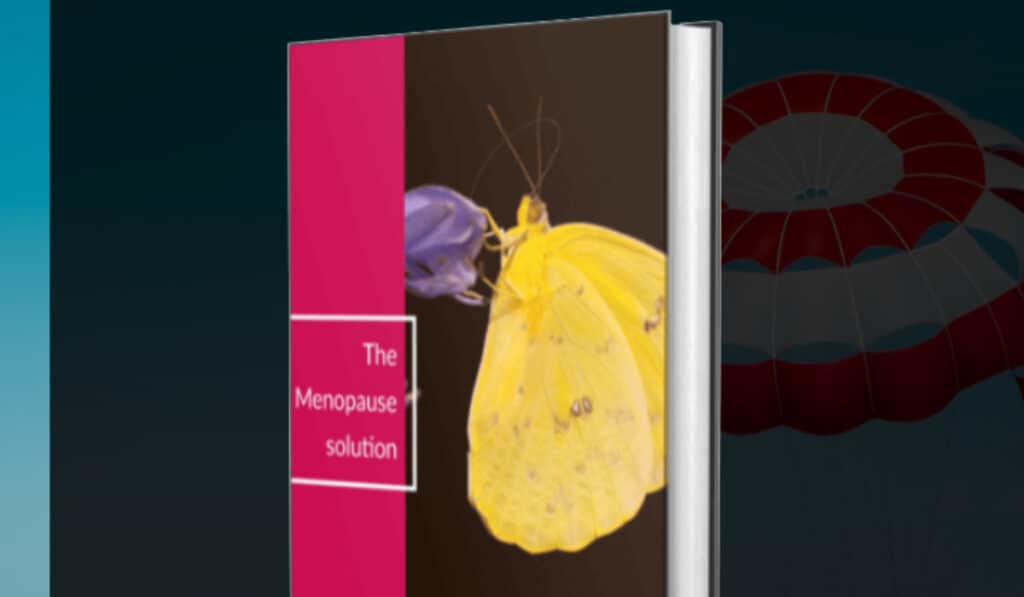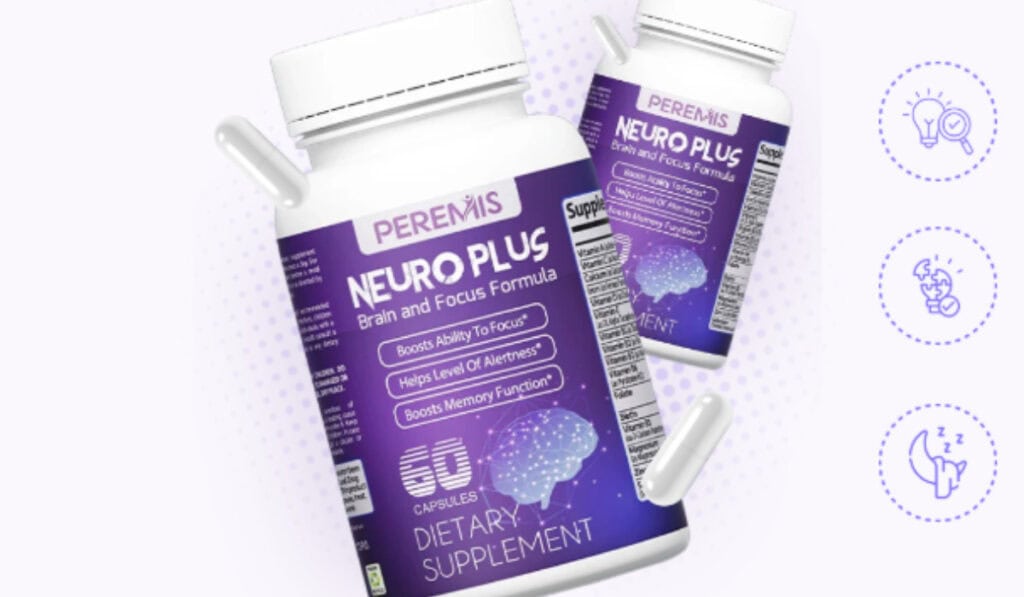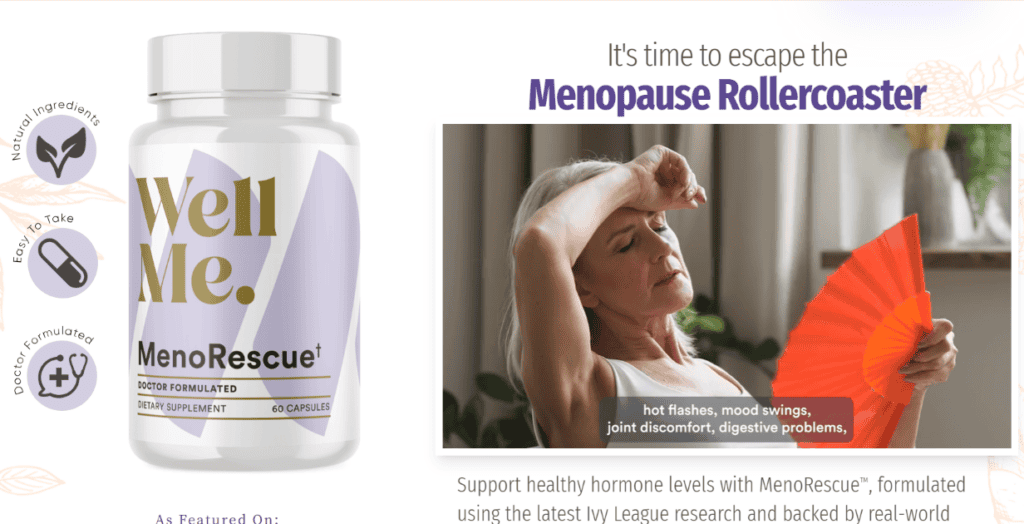A Comprehensive Guide
Menopause brings many changes, and one of the most uncomfortable symptoms is vaginal dryness. This guide explores natural remedies to alleviate this issue, focusing on dietary changes, lifestyle adjustments, and topical solutions. By understanding and addressing the causes of vaginal dryness, you can improve your comfort and quality of life during and after menopause.
Understanding the Basics of Vaginal Dryness
Vaginal dryness occurs when the tissues of the vagina become thin and dry. This condition can lead to discomfort, itching, and pain during sexual activities. Understanding the underlying causes and exploring natural remedies can help restore moisture and alleviate these symptoms.
Exploring the Causes of Vaginal Dryness During Menopause
During menopause, declining estrogen levels can lead to vulvovaginal atrophy, where vaginal tissues become thinner. This condition contributes to vaginal dryness, as the natural lubrication decreases. Additionally, factors like the surgical removal of the ovaries can accelerate this process, making it a common issue for many women.
Is Vaginal Dryness a Common Menopausal Symptom?
Yes, vaginal dryness is a prevalent symptom of menopause, affecting many aspects of a woman’s life. It can disrupt sexual arousal, increase the risk of urinary incontinence, and cause uncomfortable vaginal itching. Addressing this symptom is crucial for maintaining sexual health and overall well-being during menopause.
Natural Solutions for Enhancing Vaginal Health
Improving vaginal health naturally involves a combination of dietary, lifestyle, and topical strategies. These approaches aim to alleviate symptoms and enhance comfort during and after menopause.
The Role of Diet and Hydration in Alleviating Vaginal Dryness
A balanced diet and adequate hydration play a crucial role in maintaining sexual function and alleviating vaginal dryness. Nutrient-rich foods and sufficient water intake can help improve vaginal health.
Foods Rich in Polyunsaturated Fatty Acids (Omega-3)
Omega-3 fatty acids, found in fish, flaxseeds, and walnuts, can enhance overall health, including that of the vaginal tissues. Incorporating these foods into your diet can help combat dryness by supporting healthy tissue and reducing inflammation.
Importance of Vitamins A, B, C, and E
Vitamins A, B, C, and E play a vital role in maintaining the health of vaginal tissues. They contribute to a balanced vaginal pH, which is essential for preventing infections and ensuring natural lubrication. Foods rich in these vitamins can support vaginal health and alleviate dryness.
The Benefits of Regular Hydration
Staying hydrated is key to preventing yeast infections and easing vaginal dryness. Drinking plenty of water helps maintain the natural moisture levels of the vagina, reducing discomfort and promoting overall well-being.
Lifestyle Adjustments to Combat Menopausal Vaginal Dryness
Alongside dietary changes, adopting certain lifestyle habits can help manage the thin and dry conditions of the vaginal tissues during menopause.
The Impact of Regular Exercise
Regular physical activity, especially pelvic floor exercises, can improve vaginal health by enhancing blood flow and muscle tone. This can indirectly alleviate dryness by supporting the natural functions of the vaginal area.
Incorporating Isoflavones and Probiotics into Your Diet
Adding foods rich in isoflavones and probiotics to your diet can positively impact sexual function and vaginal health. These nutrients support hormonal balance and healthy vaginal flora, which are essential for combating dryness.
Topical Remedies and Supplements
For those experiencing vaginal dryness, various treatment options, including hormone replacement therapy and natural supplements, can offer relief. These methods target the root causes, like reduced estrogen production, to alleviate uncomfortable symptoms effectively.
Navigating Through Vaginal Moisturizers and Lubricants
Choosing the right moisturizers and lubricants is crucial for maintaining moisture levels and alleviating symptoms associated with vaginal dryness. It’s important to select products that are compatible with your body and do not contain irritants.
Natural Lubricant for Female Dryness: What to Look For
When selecting a natural lubricant to address female dryness, ensure it is safe to use with latex condoms and does not contain harmful chemicals. Water-based lubricants are generally recommended for their compatibility and ease of use.
Key Vitamins and Supplements for Vaginal Health
To support vaginal health during and after menopause, focusing on specific vitamins and supplements can be beneficial. Vitamin E is known for its moisturizing properties, making it a top choice for alleviating dryness. Vitamin D plays a crucial role in overall skin health, which extends to vaginal tissues. Omega-3 fatty acids, found in fish oil supplements, can help improve vaginal lubrication by supporting healthy cellular function. Additionally, probiotics are essential for maintaining a balanced vaginal flora, potentially reducing the risk of discomfort and infections. Integrating these supplements into your daily routine could make a significant difference in managing vaginal dryness.
What to Avoid: Harmful Products and Ingredients
When managing vaginal dryness, it’s crucial to steer clear of products that may cause more harm than good. Harsh soaps are at the top of this list, as they can irritate the vagina, exacerbating dryness and itching. Opting for gentle, fragrance-free cleansers can help maintain the natural balance and health of your vaginal area.
Alternative Therapies and Treatments
Exploring alternative therapies and treatments can be a valuable step in managing menopausal symptoms. Always consult with a healthcare provider before trying new treatments, especially if you’re experiencing unusual vaginal discharge, as this could be a sign of an underlying condition that needs professional attention.
Hormone Replacement Therapy (HRT) and Its Natural Alternatives
Hormone Replacement Therapy (HRT) is a widely recognized option for alleviating symptoms of menopause, including vaginal dryness. It works by supplementing the body’s estrogen production, which naturally declines during menopause. However, natural alternatives exist that may also help balance hormones without the need for traditional HRT.
Understanding Bioidentical HRT
Bioidentical Hormone Replacement Therapy (HRT) is gaining attention as a more natural approach to managing menopausal symptoms. It involves the use of hormones that are chemically identical to those your body produces. Moisturizers and lubricants specifically designed for vaginal dryness can complement bioidentical HRT, providing additional relief and comfort.
When to Consider HRT for Vaginal Dryness
If you’re experiencing significant discomfort due to vaginal dryness, HRT might be worth considering. It’s particularly beneficial when other remedies, such as over-the-counter moisturizers and lubricants, haven’t provided relief. Discussing your symptoms and treatment options with a healthcare provider can help you make an informed decision that aligns with your health needs and lifestyle.
Home Remedies and DIY Solutions for Vaginal Moisture
For enhancing vaginal moisture, consider natural oils like coconut or olive oil, known for their hydrating properties. These oils can be gently applied to the vaginal area, offering a soothing effect. Additionally, aloe vera gel, with its moisturizing benefits, serves as a gentle alternative. However, it’s crucial to test these on a small skin area first to ensure there’s no allergic reaction. Remember, while these home remedies can provide temporary relief, they’re not a substitute for professional medical advice.
Professional Guidance and Support
While natural and DIY remedies offer benefits, consulting a healthcare provider is vital for a comprehensive approach to managing vaginal dryness. A healthcare professional can guide you through treatment options, ensuring safety and effectiveness. They can help identify the underlying causes of your symptoms and recommend solutions tailored to your needs, including lifestyle changes, over-the-counter products, or prescription treatments. This personalized guidance is invaluable for improving vaginal health and overall well-being during menopause.
Recognizing When to Consult a Healthcare Provider
If you’re experiencing persistent discomfort, it’s time to seek advice from a healthcare provider. They can offer treatment options tailored to your specific needs.
Symptoms That Warrant Medical Attention
Persistent pain during sex, a symptom of severe vaginal dryness, requires medical attention. This discomfort can be a sign that your body needs more than just over-the-counter solutions. A healthcare provider can assess your situation and recommend treatments to alleviate pain and improve your quality of life.
Preparing for Your Appointment: Questions to Ask
When visiting your healthcare provider, inquire about the best natural lubricant for female dryness, specifically water-based lubricants, if you’re experiencing vaginal dryness. Ask about the role of vitamins and supplements in maintaining vaginal health and how to ensure lubrication during intercourse. This discussion can help you make informed decisions about managing symptoms effectively.
Beyond Vaginal Dryness: Holistic Menopause Management
Menopause is more than physical symptoms; it’s a transition that affects every aspect of your life. Managing it holistically means paying attention to your emotional well-being, engaging in regular physical activity, and nurturing your mental health. This comprehensive approach ensures you’re not just treating symptoms but enhancing your overall quality of life during this significant life stage.
The Importance of Mental Health and Emotional Well-being
During menopause, fluctuations in hormones can impact your mood and emotional well-being. Prioritizing mental health through practices like mindfulness, meditation, or therapy can significantly improve your menopause experience. Engaging in activities that bring joy and relaxation can also help manage stress and enhance emotional resilience.
Building a Supportive Community and Network
Menopause is a journey that’s easier with support. Connecting with others going through similar experiences can provide comfort and invaluable advice. Whether it’s through local groups, online forums, or simply talking with friends, building a network of support fosters a sense of community and belonging, helping you navigate menopause with confidence.
Concluding Thoughts on Natural Remedies for Vaginal Dryness
Natural remedies play a crucial role in managing vaginal dryness, offering relief and comfort during menopause. From dietary changes and hydration to the use of natural oils and vaginal estrogen cream, these strategies can significantly improve vaginal moisture and health. However, it’s essential to approach this with a comprehensive view, considering both the benefits and limitations of each option. Ultimately, a balanced approach that includes professional guidance ensures the best outcomes for women’s health.
Embracing a Multi-faceted Approach to Menopausal Health
A multi-faceted approach to menopausal health involves integrating lifestyle changes, dietary adjustments, and professional guidance. This holistic strategy addresses the physical symptoms, such as vaginal dryness, while also supporting overall well-being. By embracing a comprehensive approach, you can navigate menopause with greater ease and confidence, ensuring a healthier, more vibrant transition through this natural phase of life.
Staying Informed: The Key to Navigating Menopause with Confidence
Knowledge is power, especially when it comes to navigating menopause. Staying informed about the changes happening in your body, understanding the benefits of different treatment options, and knowing when to seek professional advice are all critical for managing symptoms effectively. With the right information and support, you can combat vaginal dryness, maintain vaginal health, and embrace menopause as a positive stage of life.





